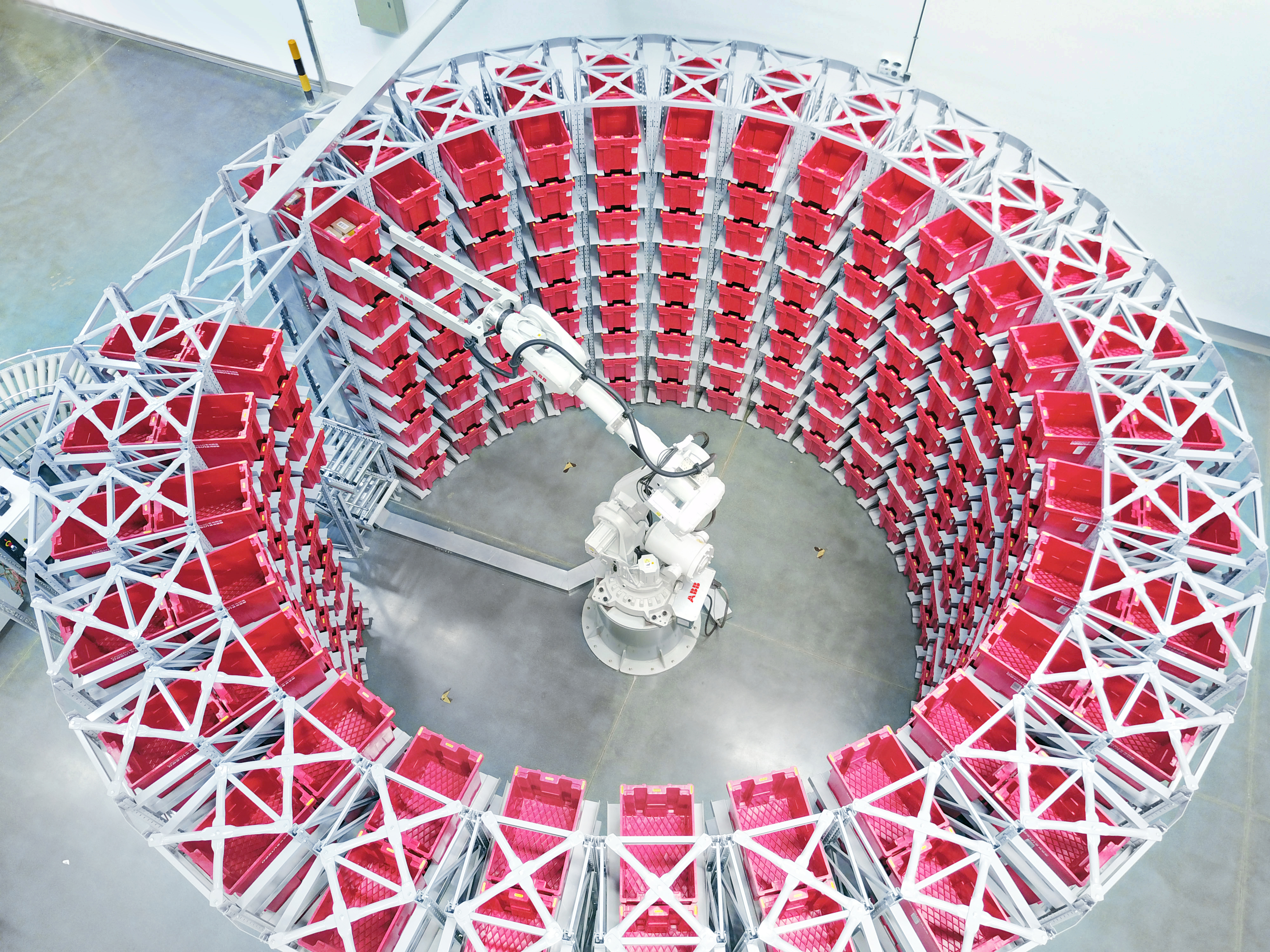Survey: 70% of U.S. businesses eye reshoring and nearshoring plans
Moving production closer to American shores would help cope with economic pressures, ABB says.

Under pressure from compound economic snarls like the pandemic, geopolitical disputes, raw materials shortages, and trade issues, 70% of U.S. businesses are looking to bring their production facilities closer to American shores, a survey from automation vendor ABB says.
Specifically, ABB found that 70% of U.S. businesses are planning changes in their operations, with 37% planning to bring production back home and 33% looking to nearshore and shift their operations to a closer location. The research came from a survey of 1,610 executives in the U.S. and Europe.
Businesses are being driven toward reshoring/nearshoring by an increasing need for flexibility and resilience in production, Sami Atiya President of ABB’s Robotics & Discrete Automation Business, said in a release. That same force is driving demand for increased automation, as robotics can facilitate the move to address supply chain concerns such as widespread labor shortages and an aging workforce.
“Business leaders are responding to unprecedented supply chain disruptions by putting into place measures to make operations more resilient and adaptable,” Atiya said. “While investment in automation plays a key role in flexibility in operations, equally important is investment in education, vocational training, and apprenticeship programs needed to create safer, higher-paying jobs for American workers.”
ABB’s survey also found that the rate of investment in automation remains higher in Europe, with 74% of European businesses indicating they will invest in robotics and automation in the next three years — compared to 62% in the US.
“Robotics and automation are job creators, requiring new ways of working with new skillsets,” Atiya said. “We are working with the U.S. government to share ABB’s experience in the U.S. and other countries where we operate on how we can accelerate robotics and automation education, vocational training, and apprenticeship programs needed to create safer, and higher-paying jobs for American workers.”
Related Articles
Copyright ©2024. All Rights ReservedDesign, CMS, Hosting & Web Development :: ePublishing